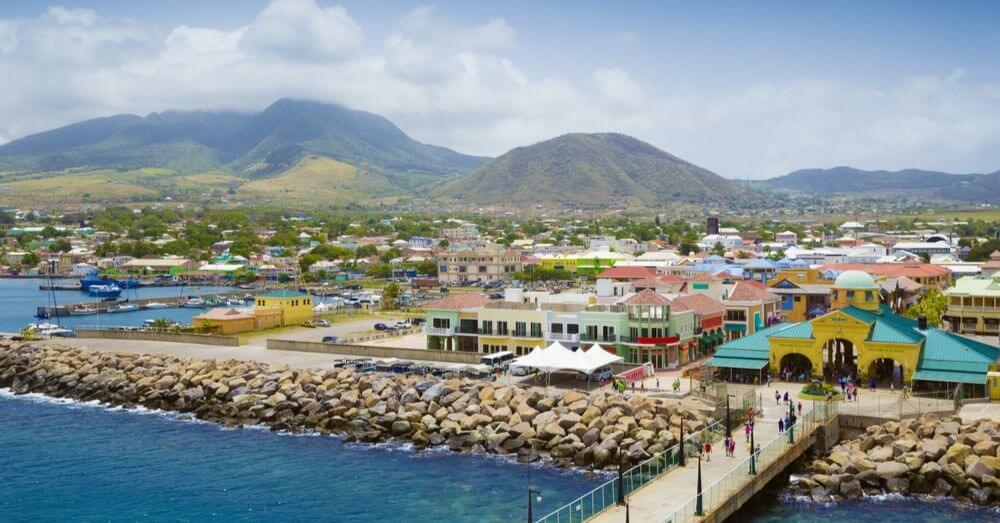
Dual citizenship with the Carribean island nation would provide a range of legal and political advantages to traders looking to avoid regulatory restrictions
Recently, a small island country in the West Indies saw a large influx of crypto investors and corporations trying to obtain legal standing in the nation. Bitcoin.com contacted JH Marlin, a law firm situated in St. Kitts & Nevis for insights on the current situation.
Jennifer Harding of JH Marlin commented on the situation:
“The law firm has been operating for three years and we’ve been getting an increasing number of citizenship by investment applicants who are really big into cryptocurrencies.”
Harding shared that the main reasons crypto investors are looking to acquire a second passport; social uncertainty, economic distress and worldwide political tension seem to be on the rise.
Furthermore, with some countries such as Kazakhstan proposing to tax crypto income by up to 15%, tax havens like St. Kitts & Nevis are enticing.
Harding went on to comment that:
“In St. Kitts & Nevis there’s no such thing as personal income tax…There are also tax benefits depending on which country the person comes from. For example, I am Canadian and I am a non-resident Canadian, I don’t have to pay taxes in Canada— I have to pay taxes where I reside.”
The cost and methods of getting citizenship on the island nation is getting cheaper and easier. The country runs citizenships through investment programs and the current price for a family ranges from $150,000 to $195,000.
A red flag?
The law firm disclosed that the majority of individuals taking advantage of dual citizenships are from the US and Hong Kong. This is in concert with the US urgently looking for ways to regulate and monitor cryptocurrencies and blockchain technology, as well as mainland China increasingly encroaching on the autonomy of Hong Kong.
Back in July, the US Senate introduced a bill called the Lawful Access to Encrypted Data Act of 2020 (LAED), requiring companies that produce encrypted devices or encrypted digital services to create a backdoor to grant access to law enforcement to assist in legal investigations.
The bill could potentially ban the use of Bitcoin and other decentralised tokens as there are no legal entities to govern or regulate it or create a ‘backdoor’.
Federal institutions across the globe such as Russia, the US and others are developing new ways to monitor, track and spy on crypto transactions, peeling away the anonymity that it used to provide could result in investors being more and more anxious.
Countries such as St. Kitts & Nevis are the quickest options if investors wanted to jump ship.

